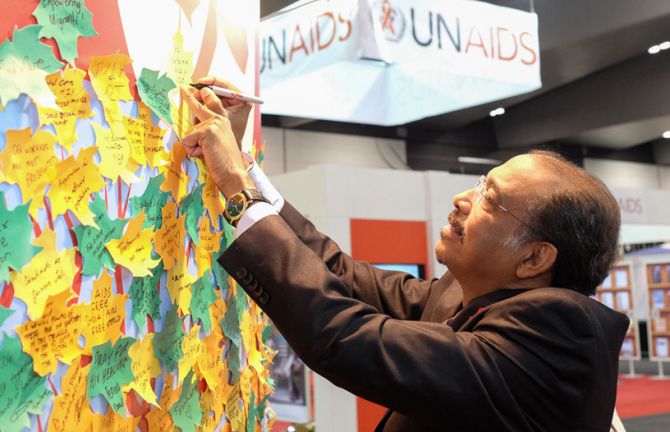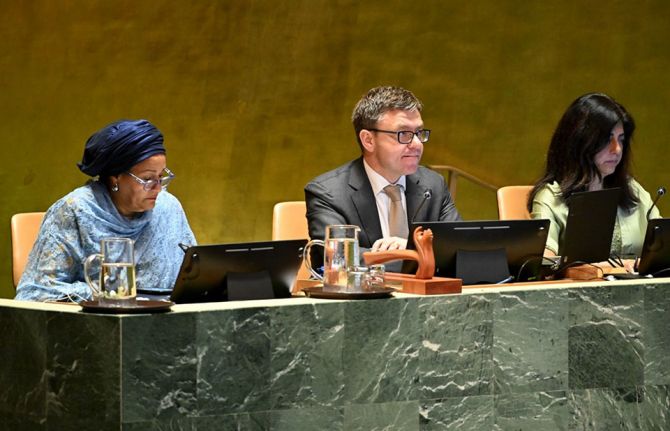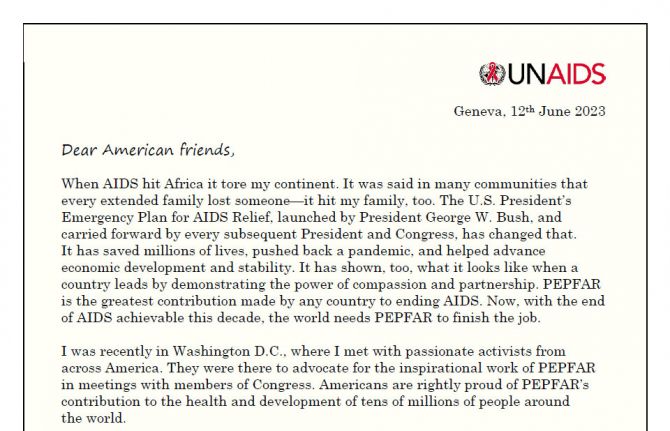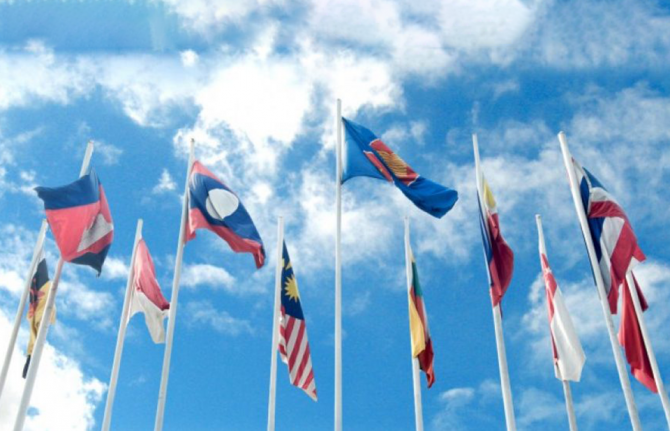

Update
AIDS 2014: galvanizing a movement for ending the AIDS epidemic by 2030
21 July 2014
21 July 2014 21 July 2014According to UNAIDS Executive Director Michel Sidibé, the 20th International AIDS Conference could spark a “Melbourne moment” and ignite a global movement to end the HIV epidemic as a public health threat by 2030.
Mr Sidibé was speaking at a conference symposium that explored the positioning of HIV in the post-2015 development agenda, at which emphasis was put on renewed political leadership and a mobilized civil society working to ensure that, within a generation, AIDS will no longer represent a significant risk to any population or country.
The gathering brought together heads of international agencies, including Mark Dybul, the Executive Director of the Global Fund to Fight AIDS, Tuberculosis and Malaria, civil society representatives, including singer and activist Yvonne Chaka Chaka, and political leaders, such as former President of Botswana Festus Mogae.
They agreed that despite unprecedented progress there was little room for complacency regarding the gains of the AIDS response and that, with ending the epidemic now a definable and realistic goal, there was no time to lose.
It was argued that ending the AIDS epidemic can only be achieved by focusing efforts on where the epidemic is located and through a rights-based prism that challenges the socioeconomic determinants of the epidemic and leaves no one behind. Participants concluded that there was no better way to reflect the theme of AIDS 2014, “Stepping up the pace”, than to strive to end the epidemic by 2030.
Quotes
"Ending AIDS is an opportunity for this generation. We should not miss it. It could be the biggest victory of this century."
"If we don't act collectively, effectively and comprehensively we will repeat the past. In the post-2015 development agenda AIDS should remain one of the main objectives."
"We need human rights when we talk about AIDS. We need to educate our people, the youth and those who are vulnerable to HIV."
"To galvanize a movement you need a compelling story of what's possible and how to do it. And then you have to deliver."



